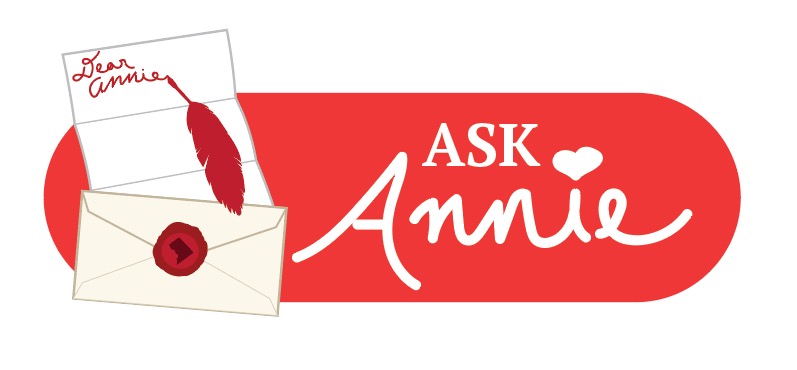Facing a problem yourself? Annie has answers. Ask away!

Graphic by Nicholas Anastacio
Dear Annie,
A few years ago, I withdrew from GW due to a very poor academic performance & re-started my Bachelor’s at another university. I graduated (with honours 🙂) this year & am looking for work. I was at GW for a total of 2.5 years so I mention it in my resume. How should I explain my dropping out to future employers and colleagues? & more generally, how should I come to terms with my 2.5 years in GW, given that I did experience a lot of positive things here but that I failed to live up to my responsibilities to myself, my loved ones and my professors?
Sincerely,
GG
Dear GG,
As much as we hate letting ourselves and loved ones down, failure equips us with the tools for success. If the brilliant Jennifer Coolidge hadn’t ended her multidecade acting hiatus to return as Tanya McQuoid, then “The White Lotus” would’ve truly been a limited series.
Pleasing everyone — your professors, future employers, loved ones, even yourself — is a cycle that can only end in disappointment. To release yourself, you must do the next right thing, change your behavior to avoid another crisis, and make peace with the past. You did what was best for you at the time by dropping out of GW. You made changes in your behavior, demonstrated in graduating from your current university with honors.
If you’re nervous about receiving withdrawal-related interview questions, consider contacting your university’s career services department. Most schools have a department full of people whose job is to help you prepare for interviews, oftentimes including mock questions, feedback on your responses and tips on how to present yourself. They’re the best resource for approaching tricky interview questions. Many schools also offer alumni resources, and they may be able to connect you with someone who had a similar experience while pursuing their bachelor’s degree.
Now, for the meat of your query: accepting failure. When meaningful pockets of joy puncture an overwhelmingly negative situation, it almost makes you wish the whole experience had been a disaster. Intermixed positive memories make it difficult to write the affair off as a complete mistake.
Moving forward, approach your experience at GW like a miscast role; acknowledge the exposure to academia and responsibility the University gave you despite not being the perfect fit. As cheesy as it sounds, GW was a learning experience. As you’ve succeeded at your new university, it’s clear you have the tools necessary for stellar academic performance.
Remember, failure highlights your own strengths. After withdrawing from GW, you had the resiliency and courage to try another university. GW wasn’t the place for you to thrive, but you found somewhere you could.
No one finds their perfect place without falling down, landing on others and bruising themselves in the process. Actress Jennifer Coolidge, who had a history of playing touch-starved women or hot moms, only found the perfect role as a self-centered but loveable jetsetter after nearly 20 years of Hollywood rejection. GW gave you a learning opportunity but not the spotlight.
Find Your Role,
Annie

